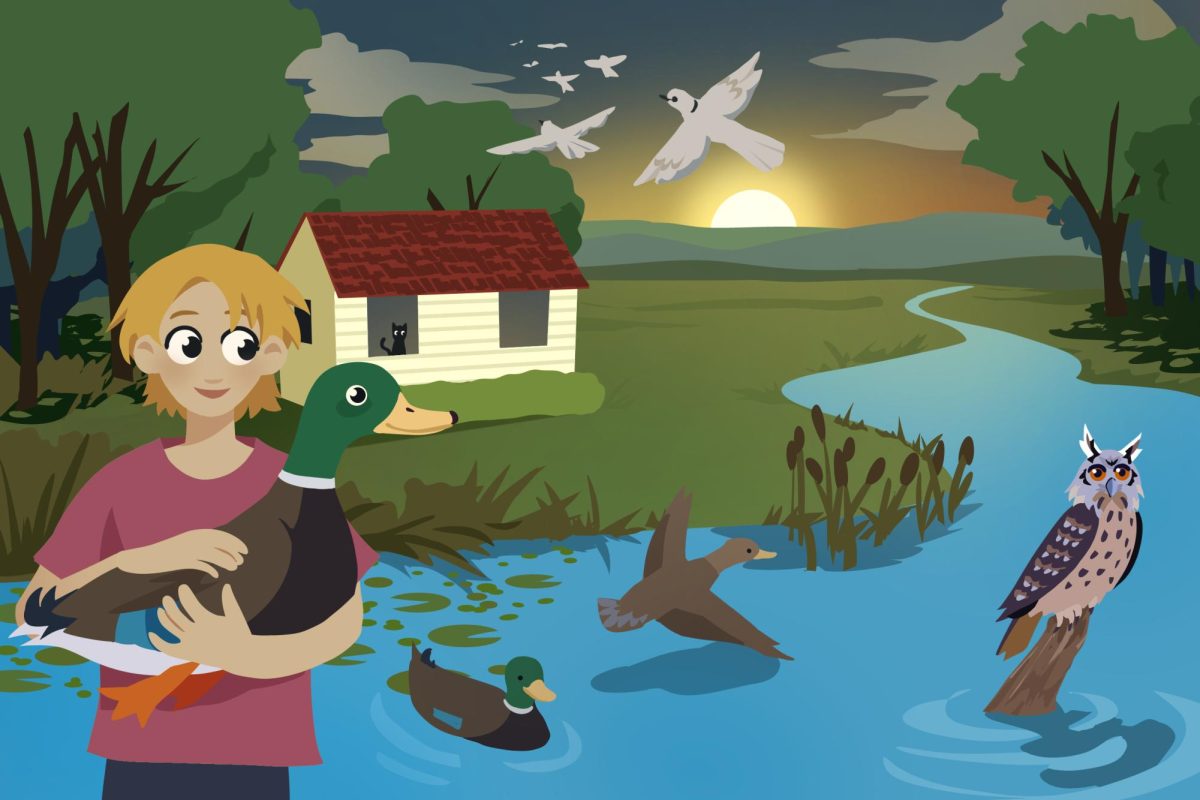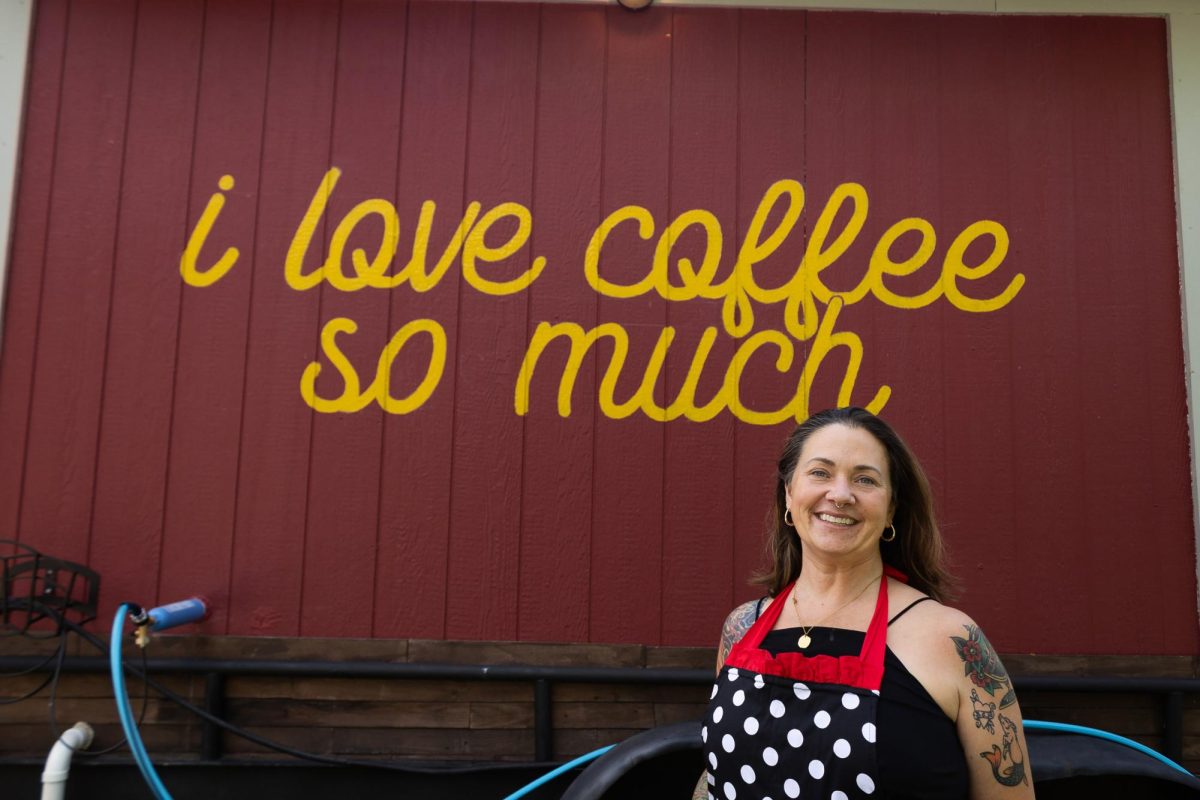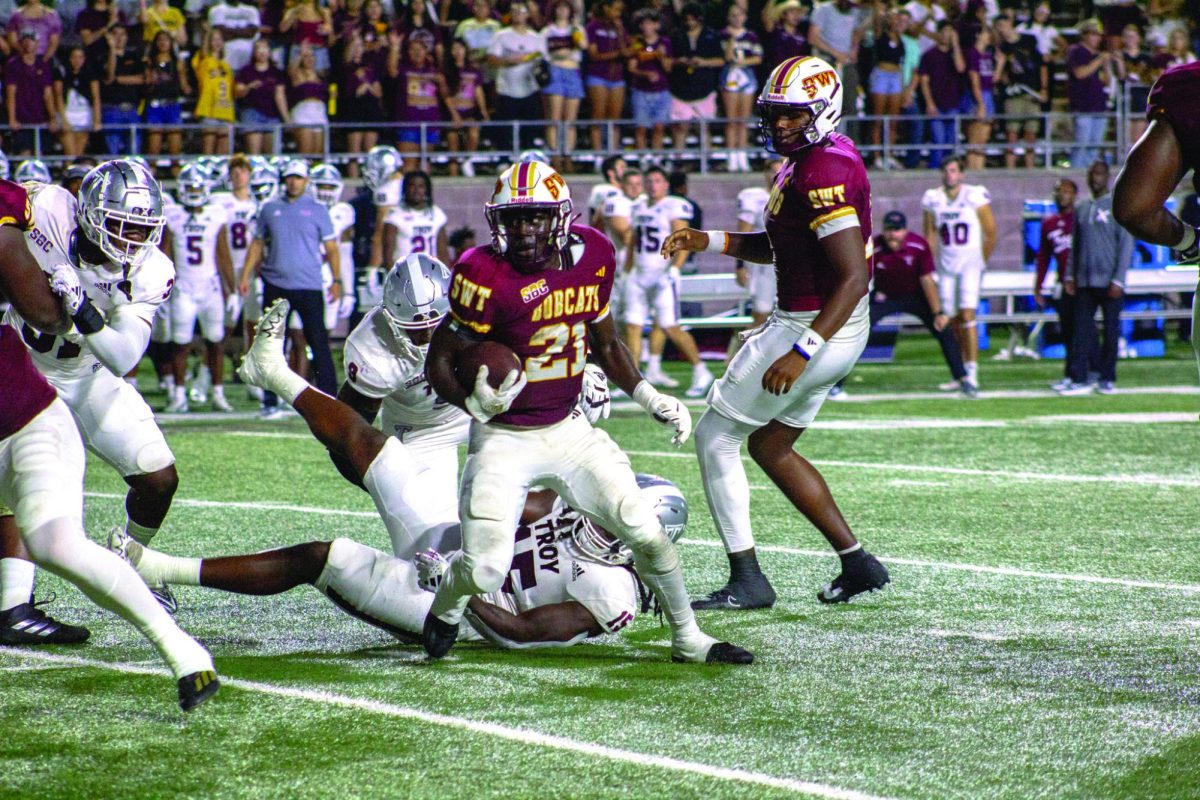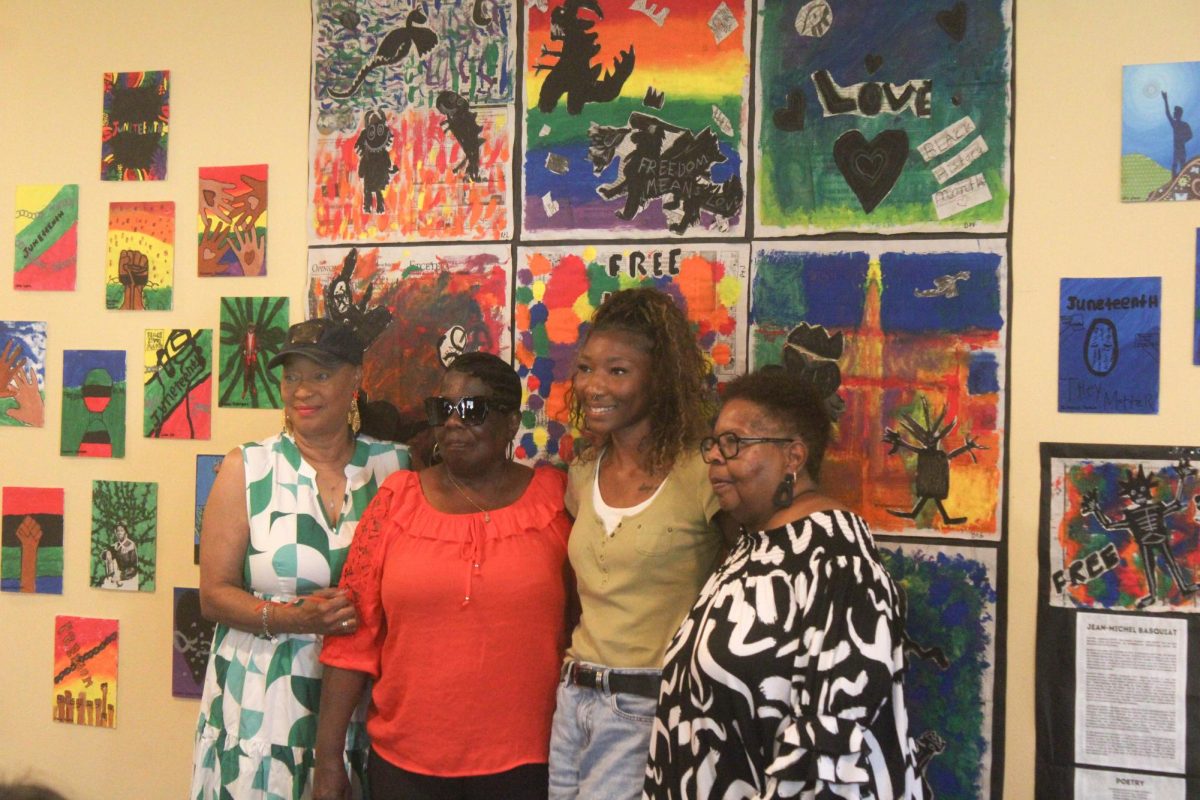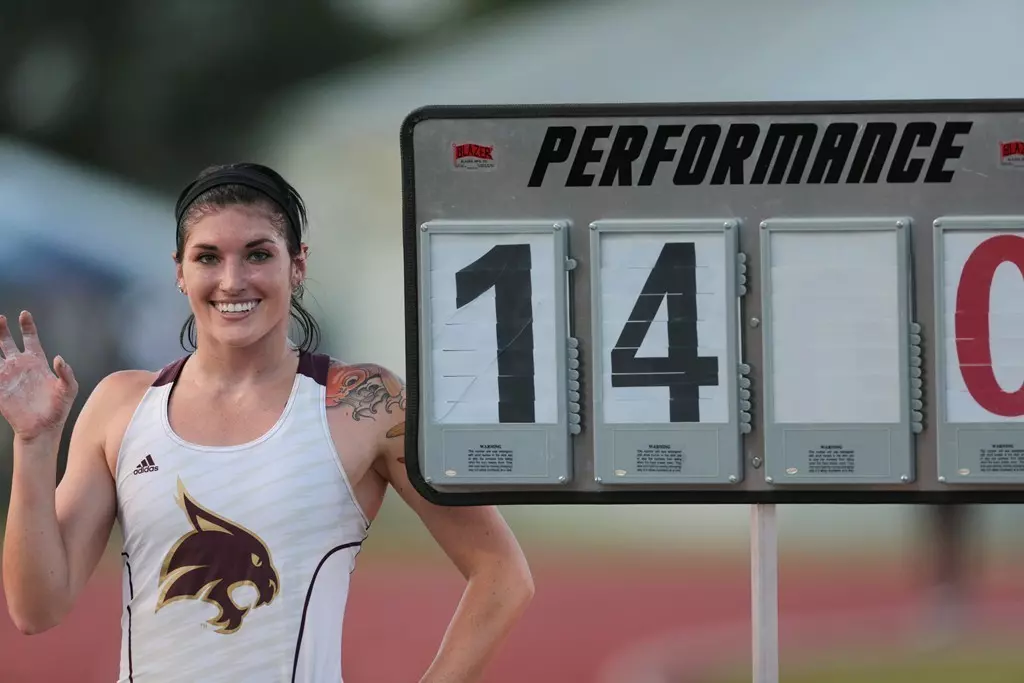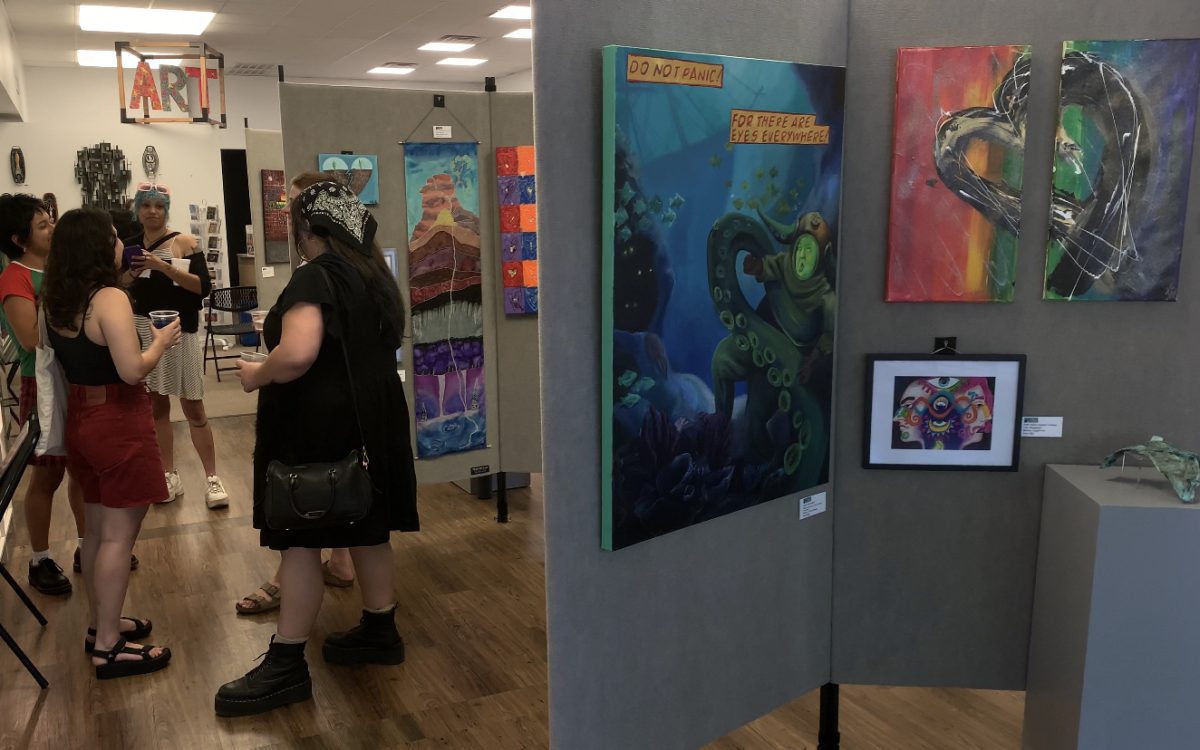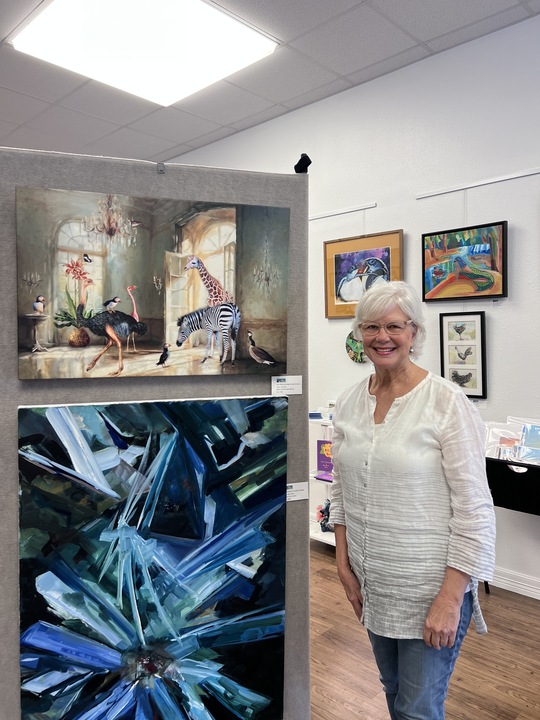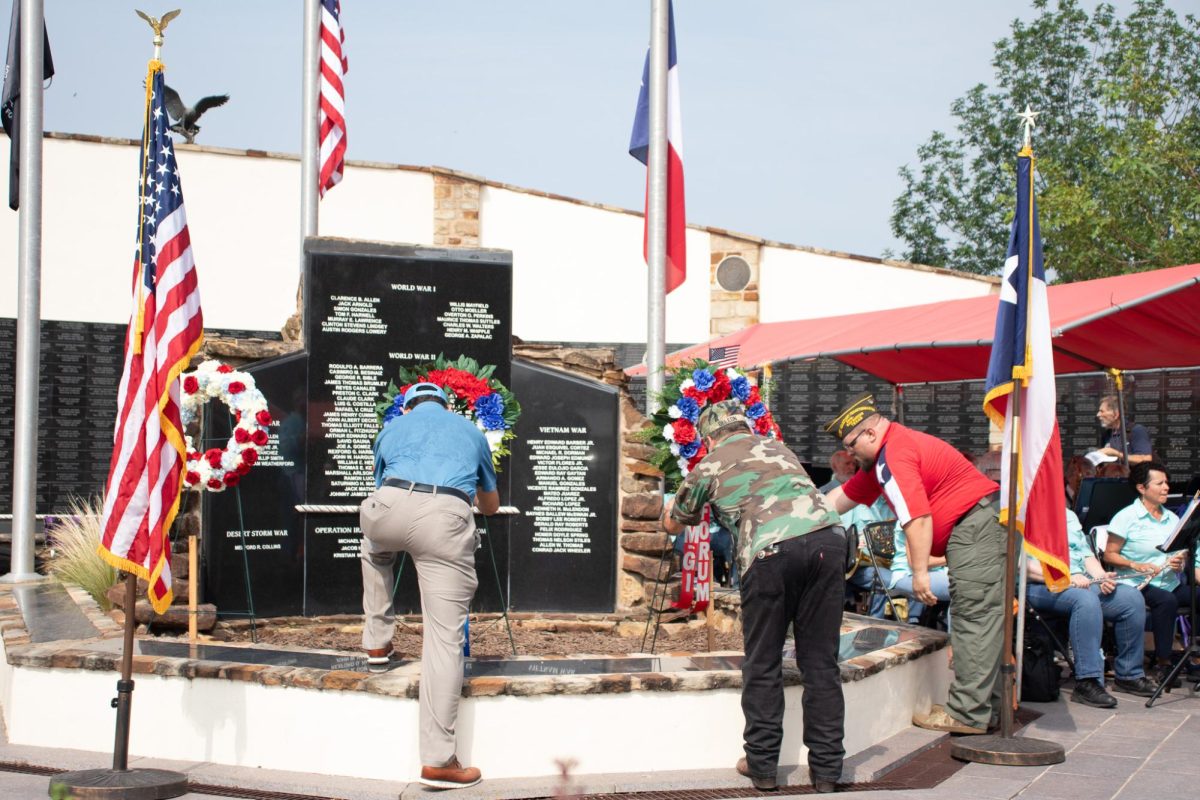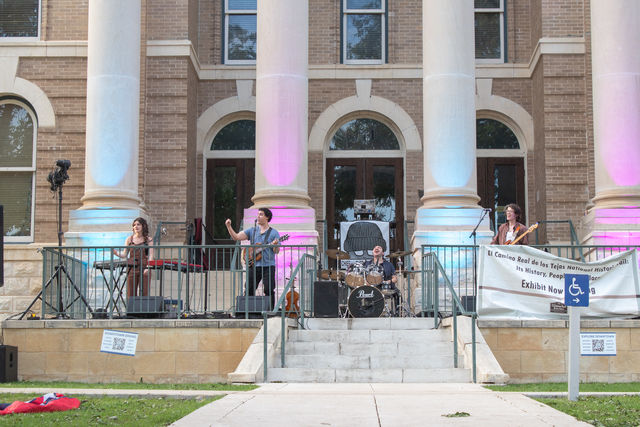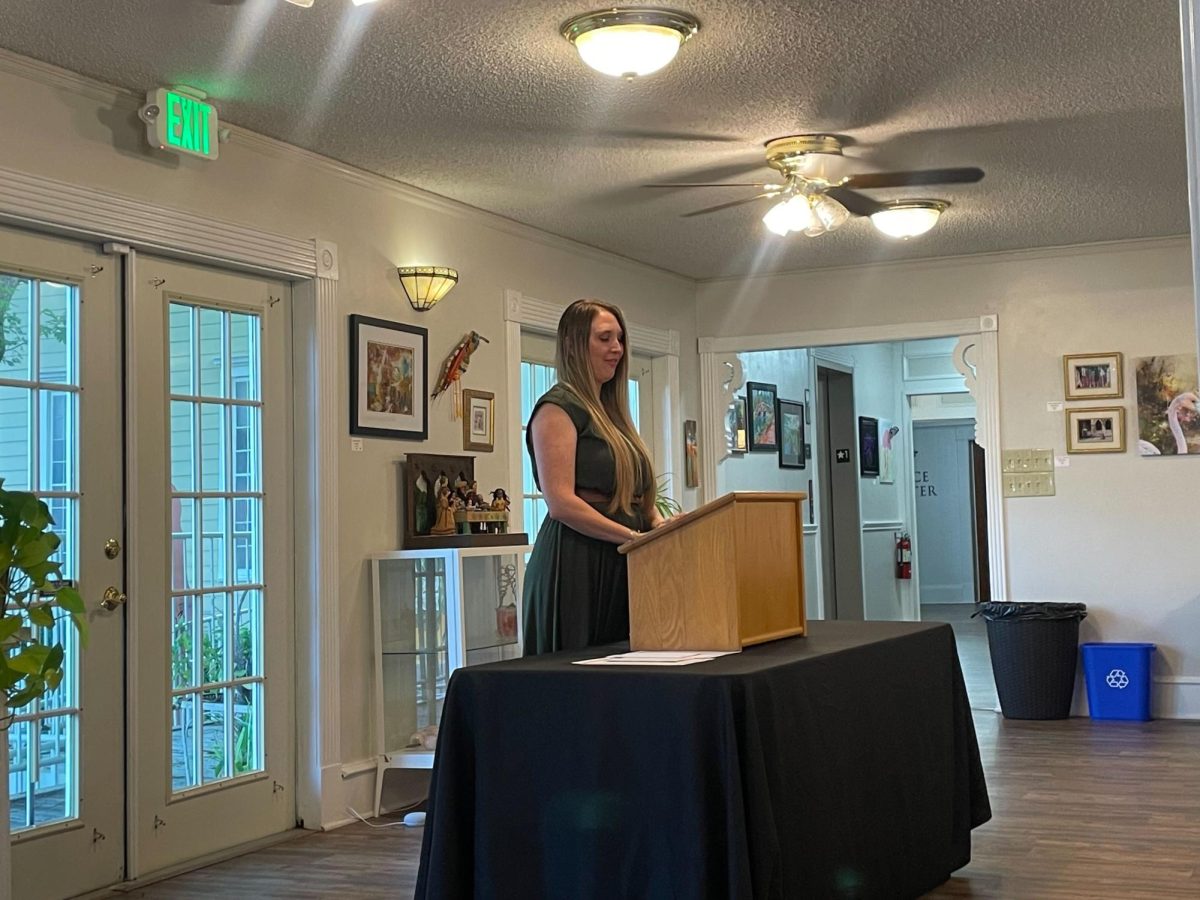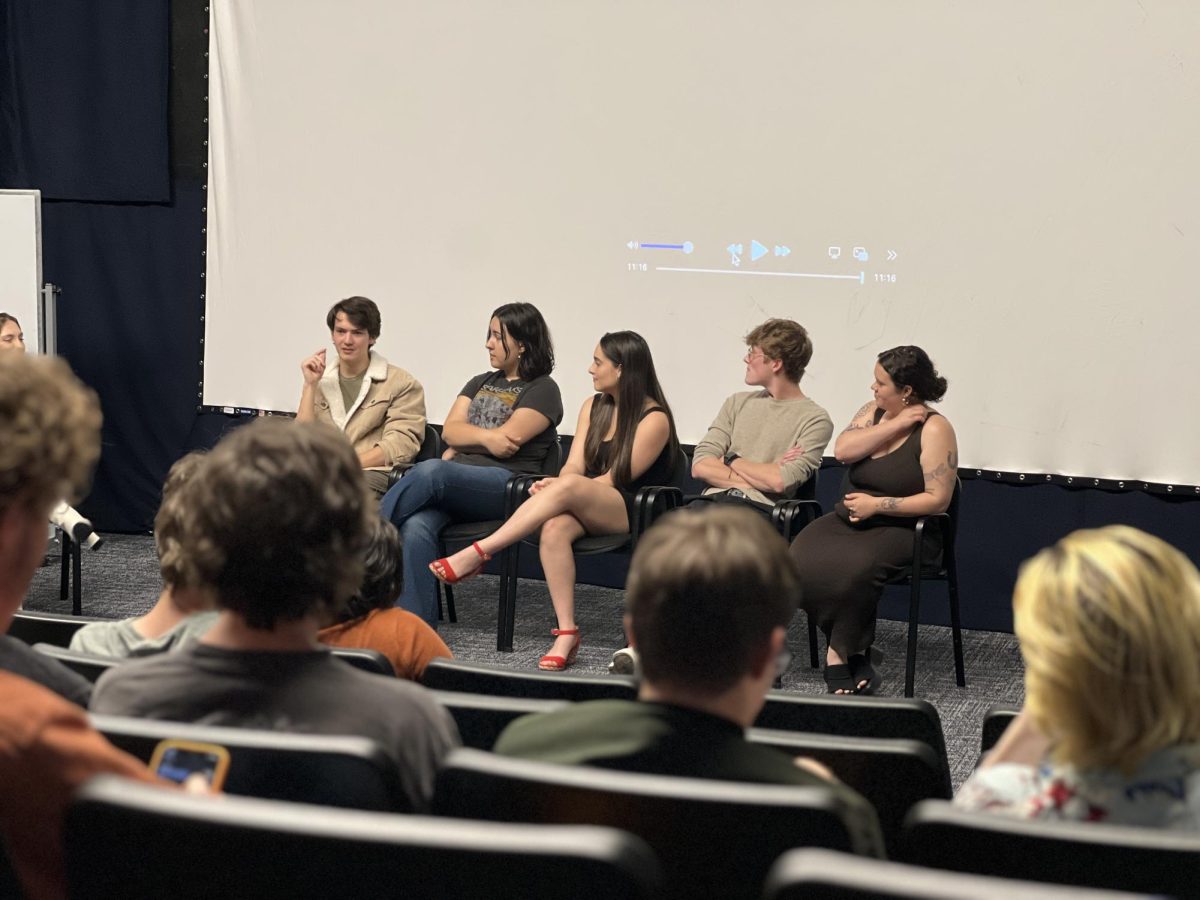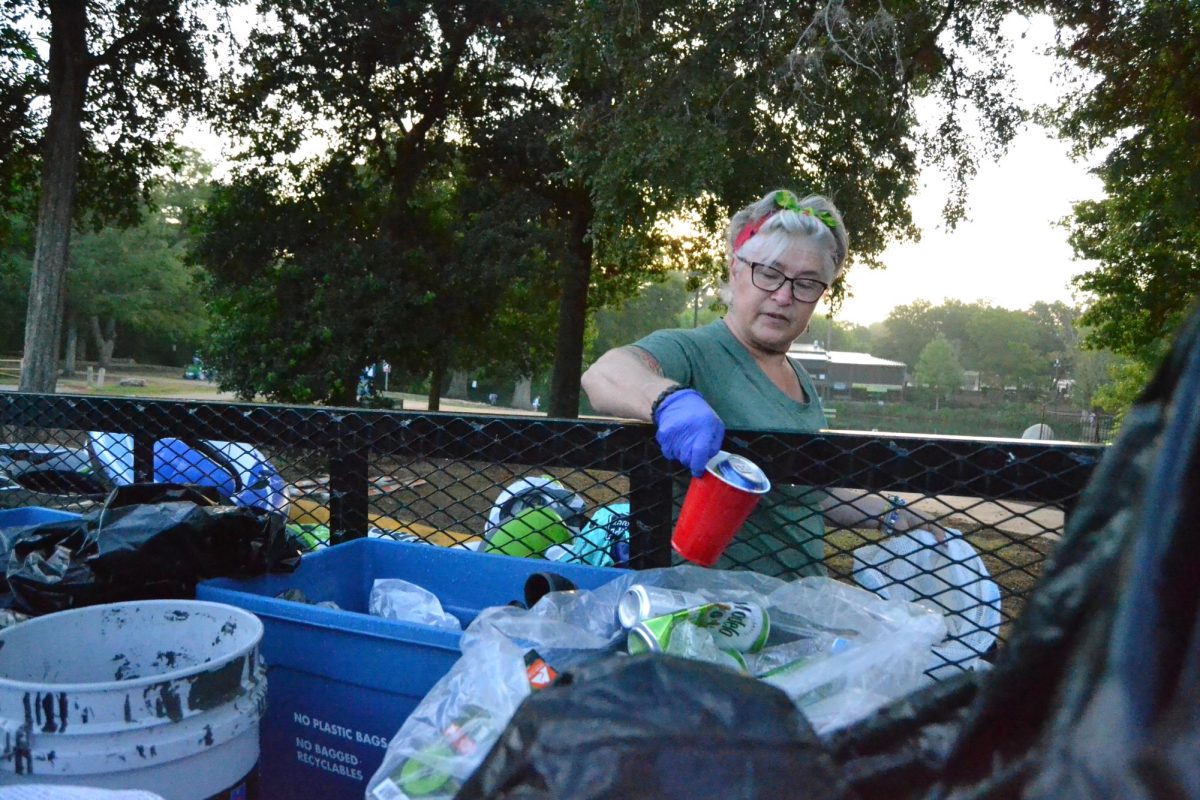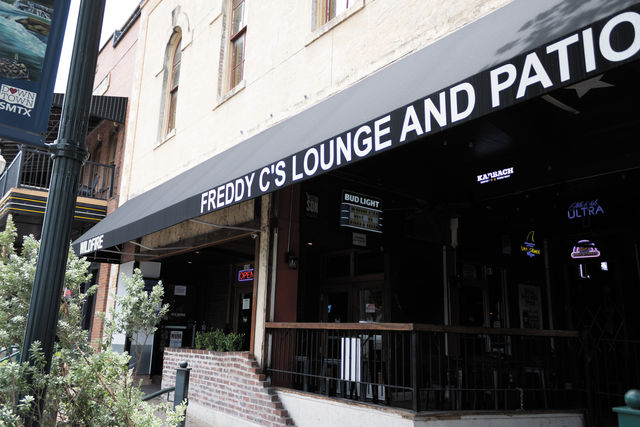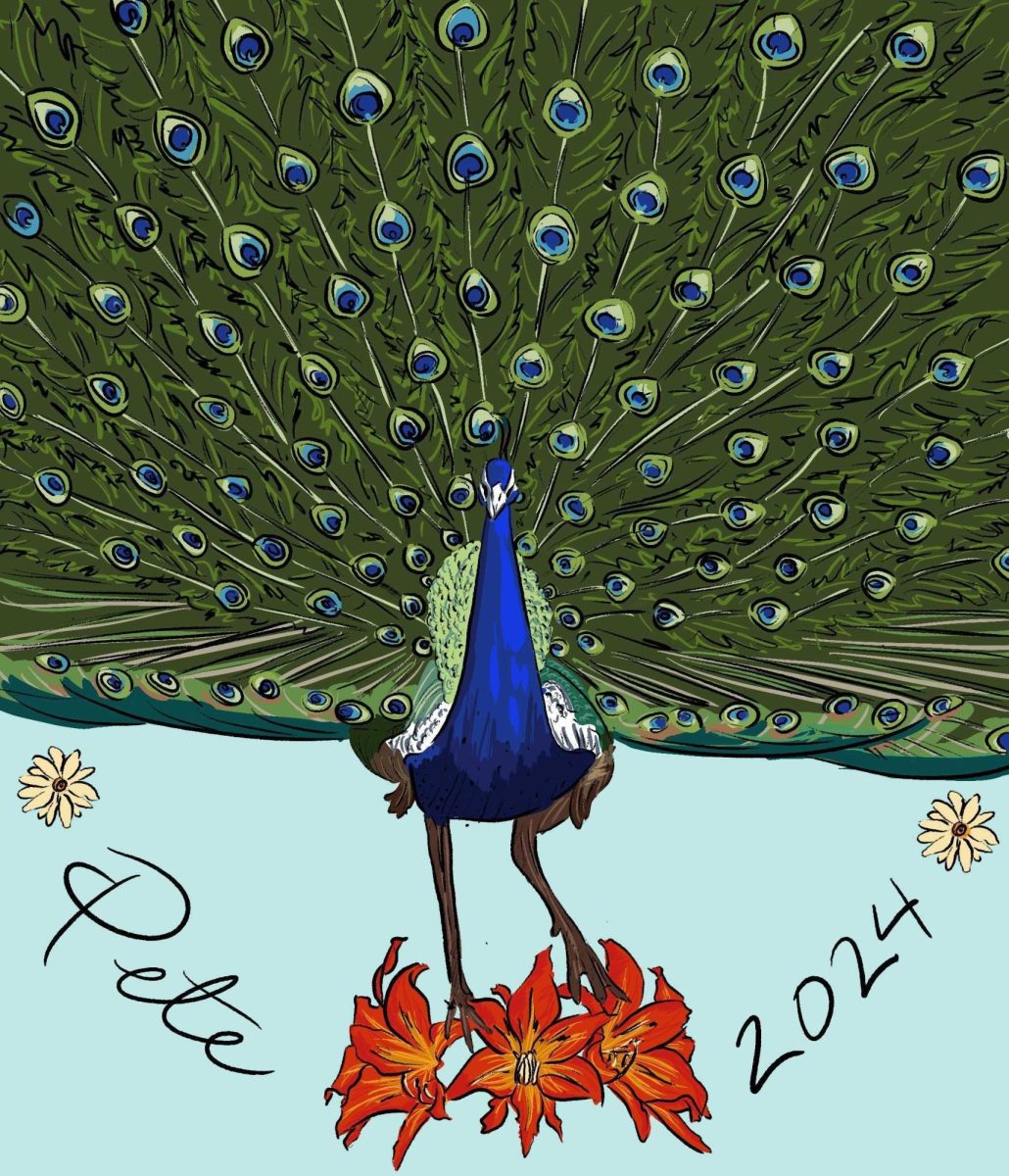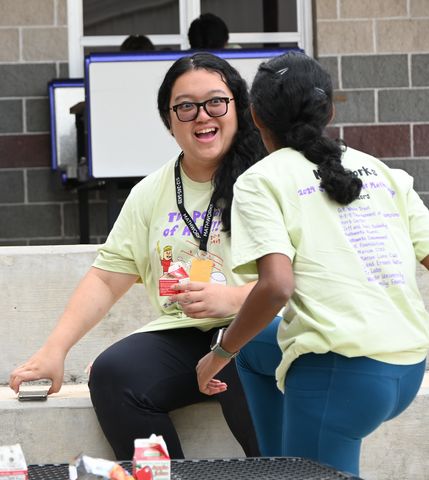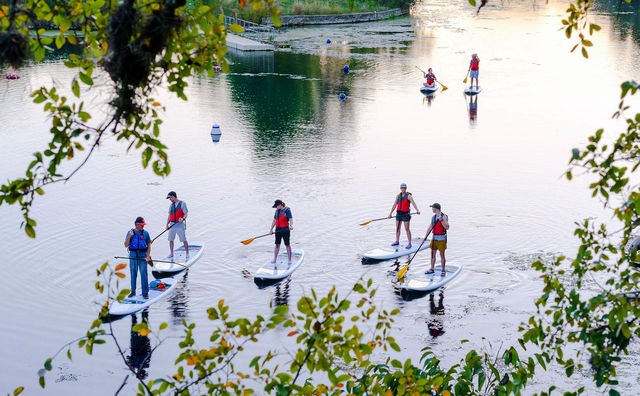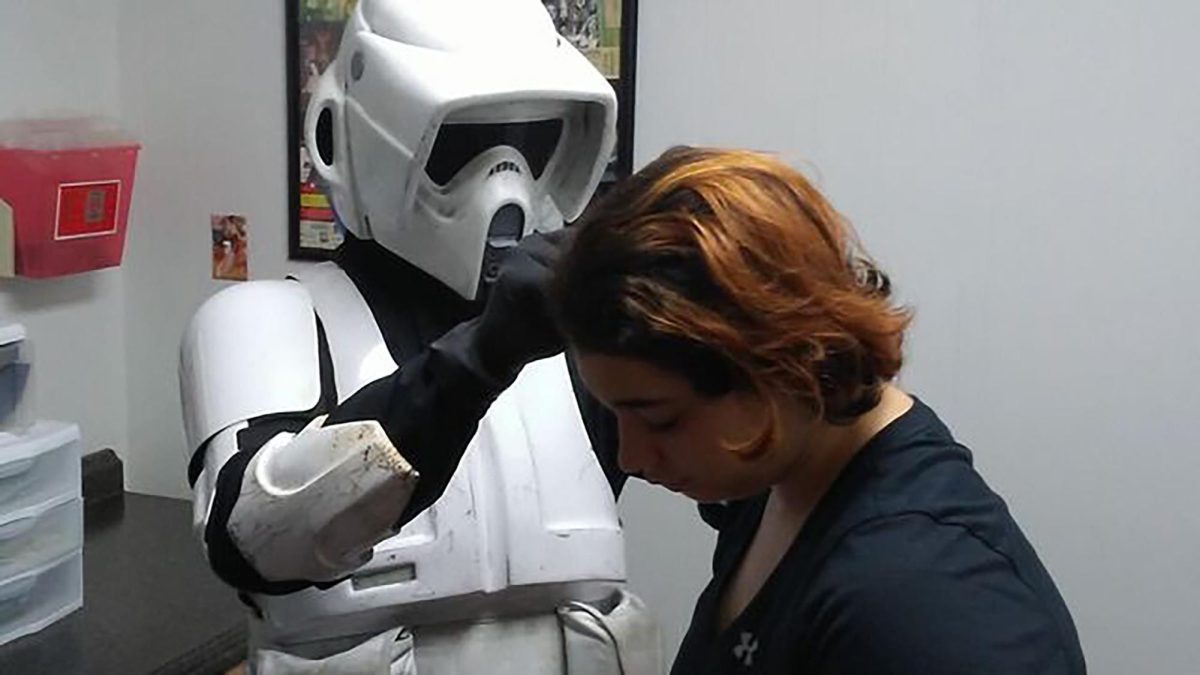The 3rd Annual Migratory Bird Festival took flight on May 11 in San Marcos, celebrating feathered friends that grace Texas skies. The festival aimed to teach attendees the importance of bird conservation as well as promoting bird-safe procedures to make San Marcos a safer habitat for all.
Niki Lake, Discovery Center specialist and Migratory Bird Festival organizer, started organizing and participating in the San Marcos festival three years ago but has been doing this festival for over 20 years.
“The Migratory Bird Festival is an important day to recognize and protect birds,” Lake said. “The festival’s goal is to educate attendees on ways they can help not only birds but the insects and plants birds eat in order to become a healthier community for them.”
Lake and the Discovery Center’s goal with the festival is to spread awareness about the importance of creating safe habitat communities where birds and people can coexist.
Lake highlighted initiatives like “Lights Out Texas” as simple yet impactful ways to create a bird-safe community. Lake explained how these practices, along with keeping cats indoors and minimizing light pollution during migration seasons, can significantly reduce window collisions and cat attacks.
Lake hopes San Marcos can be a part of the Bird City Network. To be part of the network, cities must improve their wildlife habitat for all animals, especially birds and fight against habitat loss and other harmful factors impacting birds. The communities that want their cities to become a bird-friendly city promote and recognize bird safety procedures that aim to create and protect habitats for birds.
“Everyone is welcome to volunteer, there are plenty of roles suitable for everyone of all different levels of experience,” Lake said. “Whether you are a local with a passion for protecting the wildlife here in the city, there’s a place for you. At the Discovery Center we host many different festivals so anyone wanting to volunteer, their contribution will make a real difference.”
Jo Korthals, Hays County naturalist and retired Texas State administrative assistant, said there are many ways students and the university can help reduce bird deaths on campus and promote a safe environment for birds.
“Before I got more involved with the festival, I didn’t realize I was doing things that could hurt birds,” Korthals said. “If birds see plants on a glass table, they will fly to the plants, and that can cause them to collide with the glass table or windows because they can’t see it.”
Korthals said because of birds hitting glass windows and furniture, putting clear frosted clings on glass windows will help prevent birds from colliding with things. Other ways students living in dorms and the university can help reduce harm to birds on campus would be to make sure all light from inside the university buildings does not project outside at night.
Some events at the festival included 45-minute bird walks, educational booths where attendees learned about the center’s bird research and interactive games such as a migratory bird obstacle course.
Other activities consisted of art workshops where attendees could create bird feeders out of pinecones and learn what native seeds to plant for pollinators and other insects to grow in a safe habitat for birds.
This year, the festival had the Once in the Wild Mobile Zoo attend. The mobile zoo brought three migratory bird species — the Eurasian eagle-owl, mallard duck and ring-necked dove.
Amanda Winters, the lead animal specialist and cofounder of Once in the Wild Mobile Zoo, said she hoped bringing these three species of birds gave everyone in attendance a chance to learn more about the many different bird species migrating and understand the importance of caring for ecosystems.
“There’s so much we can do in order to protect the ecosystems these birds and other animals live in,” Winters said. “Having the awareness of how birds migrate and feed and helping these species as well as even keeping their food, like insects, healthy will have an important impact for them.”
To learn more about the San Marcos Discovery Center and its mission, visit https://sanmarcostx.gov/873/Discovery-Center.











